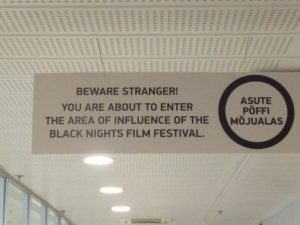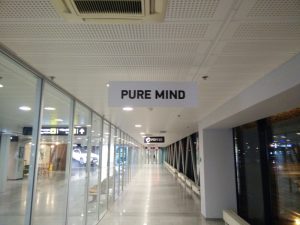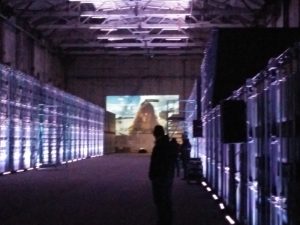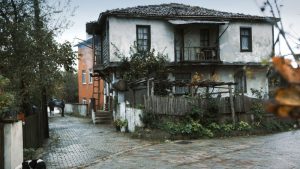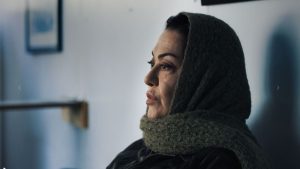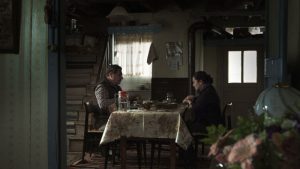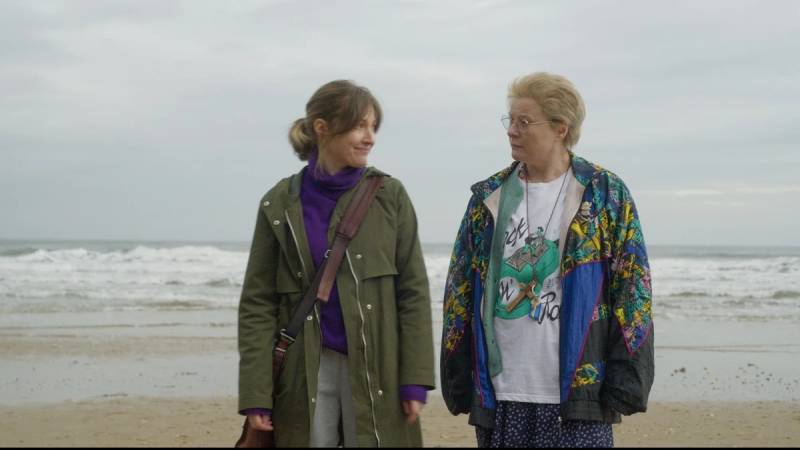Some people have a fear of flying. I don’t, but dislike of all the bureaucratic paraphernalia that surrounds airports. Not to mention London’s transport system, which is good most of the time, but not so much when it goes wrong. Coming home from the Festival last year, I got caught up in a tube strike. That didn’t happen this year. Indeed, the travel to and from the airport worked better for a number of reasons.
I could use the Elizabeth Line to travel to and from Heathrow Airport. I currently live on the Victoria Line, which connects directly with three major rail terminals (Kings Cross, Euston, Victoria) but not the Elizabeth Line. The Elizabeth was all a bit too new last year, but Londoners who frequently travel into the centre of town as I do have got rather more used to it, and the Oxford Circus (Victoria Line) to Bond Street (Central Line) to Heathrow (Elizabeth Line) is reasonably easy to navigate. Much more so than getting a train to Gatwick, which involves buying another ticket on Victoria main line rail platform, because the Elizabeth Line counts as part of the tube network.
The other was that I followed the advice of our editor and managed to reduce my luggage to one item of hand luggage and one of carry-on luggage that I could take on the plane, thereby removing the need to check in baggage prior to departure and collect said baggage on arrival. This cuts down the amount of bureaucracy at the airport. It also removes the possibility of your checked in baggage going missing while changing flights.
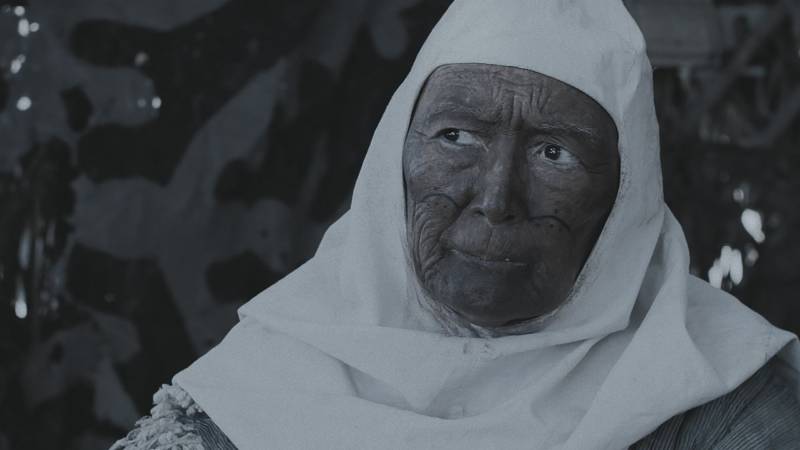
.
Taking off
All my flights were with Lufthansa, who (at least on Android phones) have an excellent app that allows you to check in up to 24 hours beforehand, which further reduces the amount of bureaucracy the traveller has to deal with at the airport itself. Both outward and return flights involved changing at Frankfurt (I still managed to forget to check in for my connecting flight on the app, but despite a scarcity of staff at Frankfurt late on a Wednesday evening, one helpful Lufthansa employee managed to sort me out and print the required boarding pass). Curiously, before my return journey, now aware of this pitfall, I double-checked my app check-ins for the return journey, for which the app checked me in for both first and second legs of the flight in one go. Very bizarre.
I missed seeing last year’s welcoming PÖFF signs all over the airport, but I had a pleasant ride to the Nordic Hotel Forum with PÖFF programmer Niki Nikitin, responsible for the Critics’ Picks section which I was to cover, and fellow UK journalist Wendy Ide, the latter sadly only at the Festival for a handful of days.
There was a slight mix up on picking up my festival pass the next morning (I was trying to sort this out around 9am on my first full day with the festival press people not coming on duty ’til 10am) and I take my hat off to the tireless hospitality team person who tried everything she could think of to locate it before one of us (I forget which) thought of asking at the reception, where it turned out to be sitting waiting for me. And then it was off to the Festival proper, with most of the press screenings and a lot of the public screenings at the Apollo Kino Coca-Cola Plaza, which is helpfully situated about five minutes walk from the hotel.
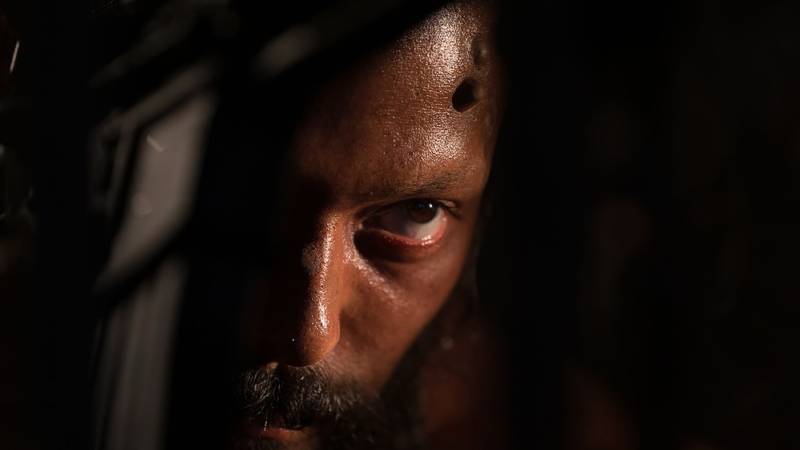
.
At the coalface
The first day or so, everything I saw was of an extremely high standard – three of the animation programmes that happened to screen on my first day (which alas I didn’t manage to review), a French animated Sci-Fi outing Mars Express (Jeremie Perin) that I caught at the Kino Sõprus 15 minutes from the hotel that evening, and the first three Critics’ Picks entries I saw – Ukraine’s Lessons of Tolerance (Arkasha Nepytaliuk), Brazil’s Great Sertão (Guel Arraes; pictured just above) and Hungary / Slovakia’s Kalman’s Day (Szabolcs Hajdu) – all came in at five stars. This never happens, and I was just waiting for some truly awful, one-star movie to turn up. Happily, it never did.
Other than that, most of what I saw was everything in the Critics’ Picks section. After the euphoria of that initial rush, the quality dipped slightly (which is to say, we were in four-star territory apart from one film which I gave three stars). These included Czechia / Slovakia’s Her Body (Natálie Císařovská), Hungary’s Pelikan Blue (Laszlo Caski), The Phillipines’ Your Mother’s Son(Jun Robles Lana), Brazil’s Nobody Leaves Alive (Andre Ristum), Morocco’s Fez Summer ’55 (Abdelhai Laraki; pictured just below) and India’s Mrs. (Arati Kadav), But then, against the odds, the quality went back up to five stars with Greece’s Light Falls (Phedon Papamichael), Observing (Janez Burger), Khazakstan’s The Land Where Winds Stood Still (Ardak Amirkulov; second picture from the top), and the UK’s The Old Man and the Land (Nicholas Parish) . Daaaaaali! (Quentin Dupieux, at the top of this article), I expected to be another five star, and so it was.
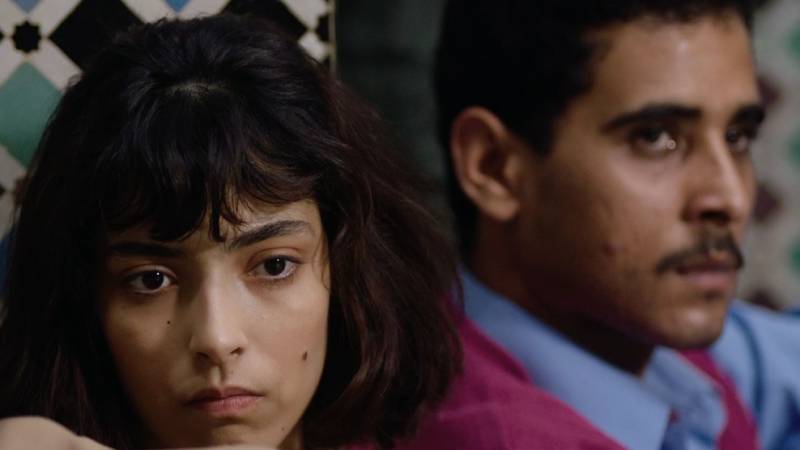
.
Spoilt by choice
I didn’t manage to see as many films as I’d have liked – you can only see so much – and spent less time socialising or availing myself of various trips and events put on by the hospitality people this year – I effectively lost a day when my personal website unexpectedly turned into the WordPress White Screen of Death, requiring an immediate fix (for the technically minded, the issue turned out to be a combination of conflicting plug-ins and a WordPress software upgrade which must have changed some code somewhere) which put paid to my going to a Berlin-themed dance night. I did, however, discover that the hotel bar did a really nice line in rum-based cocktails.
I also spent a pleasant hour one morning tracking down the beehives on the hotel roof. Every morning at breakfast, there was honey fresh from a honeycomb from the hotel’s beehives, six of them, as it turned out when I located them. Last year I had a view from my window of a pipeline on the sixth floor roof, unaware that the six upright orange boxes behind the pipes were, in fact, the beehives. They were visible from the walkway between the eighth floor’s swimming pool and changing area, as well as from the eighth, seventh and sixth floors if you left the life and took the corridor right along the front of the hotel then round the side to the back, where on the sixth floor the access door to the roof and thence the hives was situated. (The seventh and eighth floors had windows there, through which you could see the hives.)
The Festival’s closing ceremony at the Alexela Concert Hall saw two of my five-star picks win prizes, and, curiously, my one three-star film The Milky Way (Maya Kenig) pick up a prize. To reiterate, though, the Critics’ Picks this year were of an incredibly high standard and I don’t envy the jury having to select three winners which inevitably means that other equally deserving contenders miss out. If I’d had to pick one, I have to say it would be the British entry, The Old Man And The Land. I’m British, but I have to admit British films aren’t to my taste that often. This one, though, is something very special.
The awards after-party was memorable for being held in the basement car park of the venue. I half expected Arnold Schwarzenegger to come in asking for Sarah Connor.
The flight home was without incident, except for flight delays, which meant I arrived back at my house about two hours later than planned. The Elizabeth, Central and Victoria lines did me proud, though, and I was reminded of how good London’s Transport system is when everything works as it’s supposed to. It also helped to have only the two items of luggage.
In the end, this was an excellent year for the Critics’ Picks section. Can that be repeated in 2024? The section is clearly in good hands, so here’s hoping. So, for the rest of the festival, at the moment it’s still of a manageable size where it manages to retain its charm and friendliness, with a feeling of filmmakers, festival people and press all mingling together, something which you don’t get at larger festivals. Long may PÖFF continue in that vein.









